Shi-Jinn Horng
CLCNet: Rethinking of Ensemble Modeling with Classification Confidence Network
May 24, 2022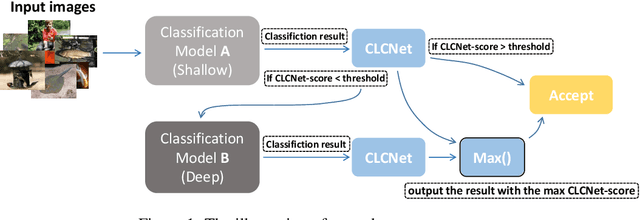
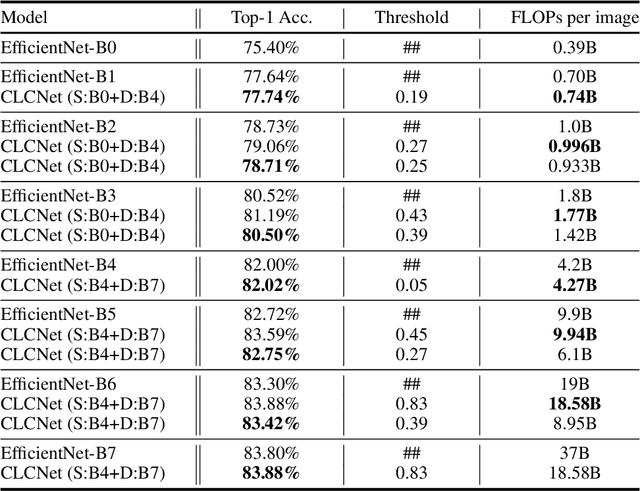
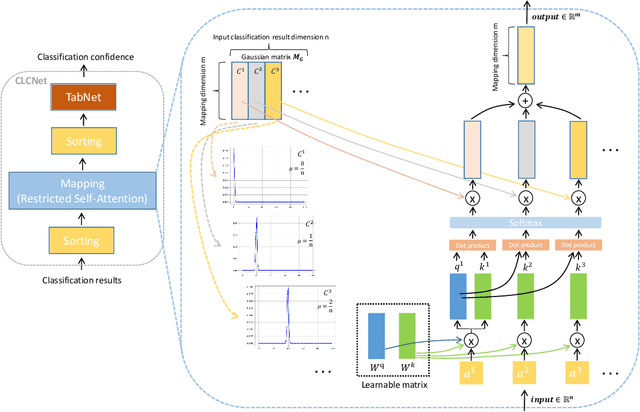
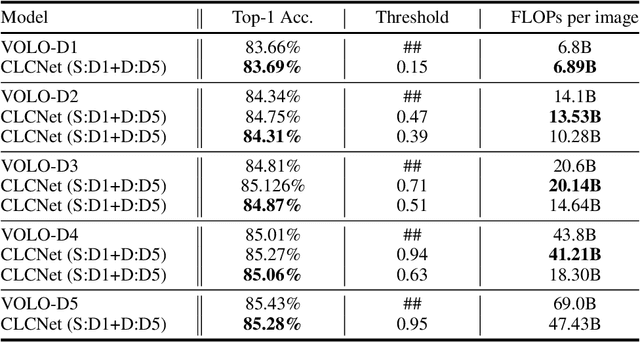
Abstract:In this paper, we propose a Classification Confidence Network (CLCNet) that can determine whether the classification model classifies input samples correctly. It can take a classification result in the form of vector in any dimension, and return a confidence score as output, which represents the probability of an instance being classified correctly. We can utilize CLCNet in a simple cascade structure system consisting of several SOTA (state-of-the-art) classification models, and our experiments show that the system can achieve the following advantages: 1. The system can customize the average computation requirement (FLOPs) per image while inference. 2. Under the same computation requirement, the performance of the system can exceed any model that has identical structure with the model in the system, but different in size. In fact, this is a new type of ensemble modeling. Like general ensemble modeling, it can achieve higher performance than single classification model, yet our system requires much less computation than general ensemble modeling. We have uploaded our code to a github repository: https://github.com/yaoching0/CLCNet-Rethinking-of-Ensemble-Modeling.
Deep Air Quality Forecasting Using Hybrid Deep Learning Framework
Dec 12, 2018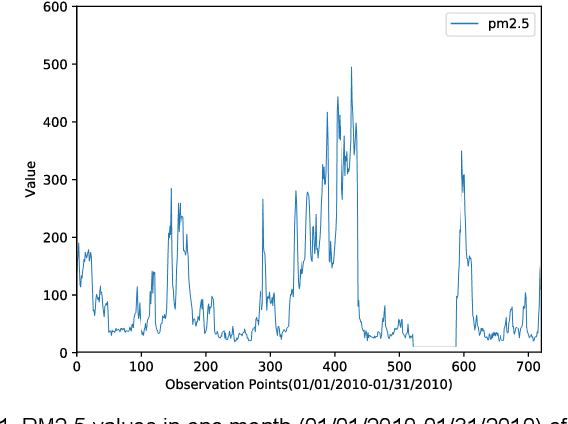
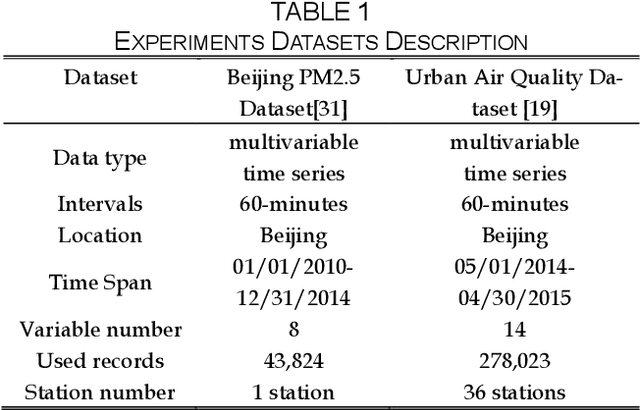
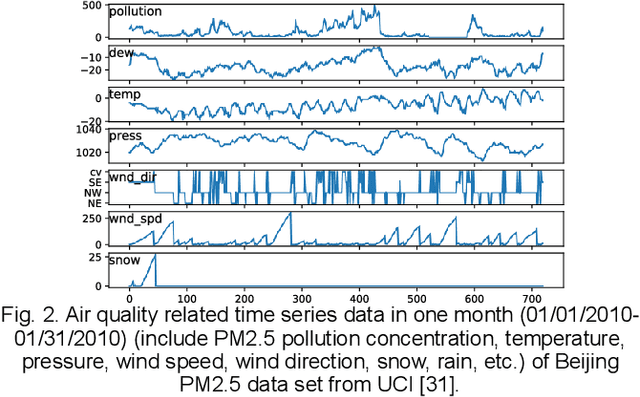
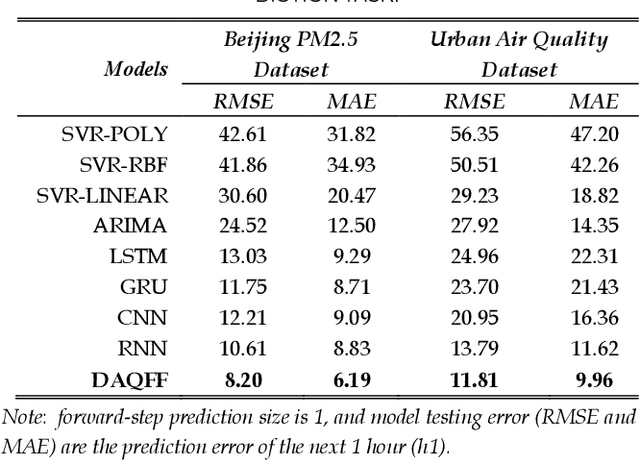
Abstract:Air quality forecasting has been regarded as the key problem of air pollution early warning and control management. In this paper, we propose a novel deep learning model for air quality (mainly PM2.5) forecasting, which learns the spatial-temporal correlation features and interdependence of multivariate air quality related time series data by hybrid deep learning architecture. Due to the nonlinear and dynamic characteristics of multivariate air quality time series data, the base modules of our model include one-dimensional Convolutional Neural Networks (CNN) and Bi-directional Long Short-term Memory networks (Bi-LSTM). The former is to extract the local trend features and the latter is to learn long temporal dependencies. Then we design a jointly hybrid deep learning framework which based on one-dimensional CNN and Bi-LSTM for shared representation features learning of multivariate air quality related time series data. The experiment results show that our model is capable of dealing with PM2.5 air pollution forecasting with satisfied accuracy.
A Hybrid Method for Traffic Flow Forecasting Using Multimodal Deep Learning
Jul 06, 2018



Abstract:Traffic flow forecasting has been regarded as a key problem of intelligent transport systems. In this work, we propose a hybrid multimodal deep learning method for short-term traffic flow forecasting, which jointly learns the spatial-temporal correlation features and interdependence of multi-modality traffic data by multimodal deep learning architecture. According to the highly nonlinear characteristics of multi-modality traffic data, the base module of our method consists of one-dimensional Convolutional Neural Networks (CNN) and Gated Recurrent Units (GRU). The former is to capture the local trend features and the latter is to capture long temporal dependencies. Then, we design a hybrid multimodal deep learning framework (HMDLF) for fusing share representation features of different modality traffic data based on multiple CNN-GRU modules. The experiment results indicate that the proposed multimodal deep learning framework is capable of dealing with complex nonlinear urban traffic flow forecasting with satisfying accuracy and effectiveness.
 Add to Chrome
Add to Chrome Add to Firefox
Add to Firefox Add to Edge
Add to Edge